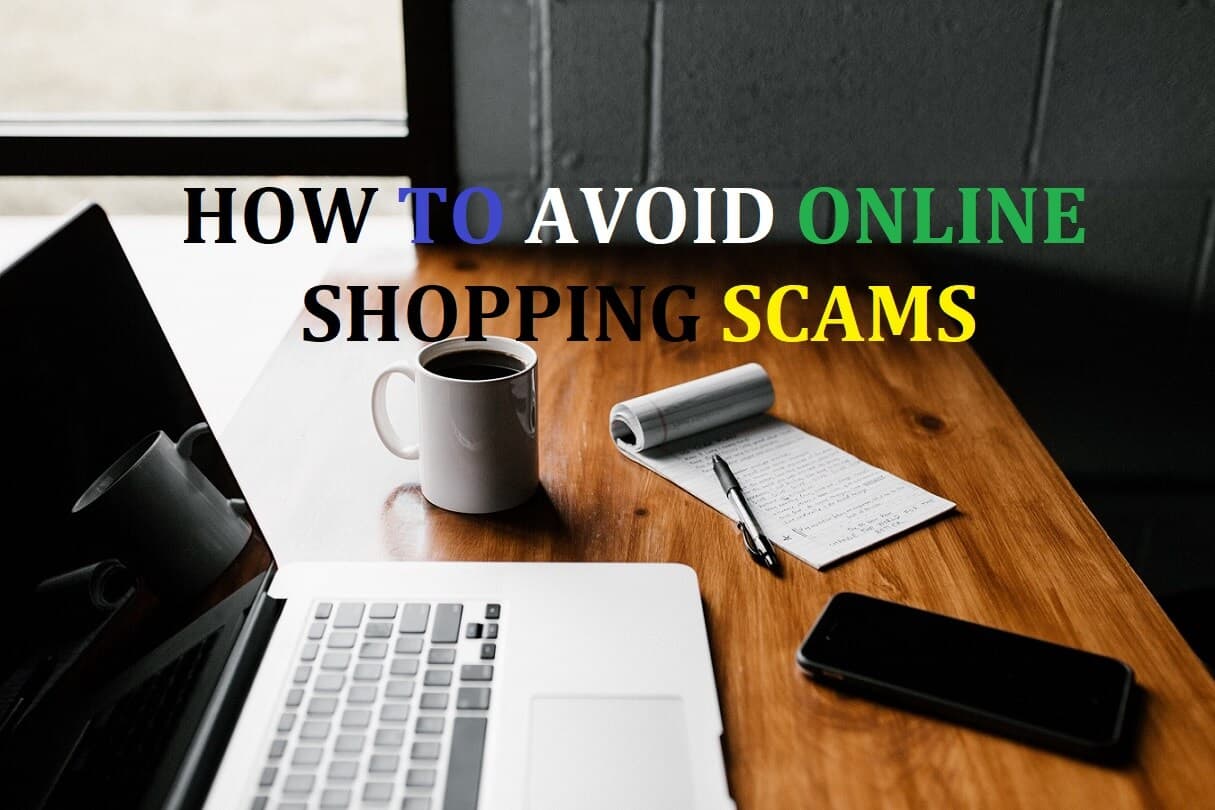Views: 2
FBI RECENT PUBLIC SERVICE ANNOUNCEMENT WARNS OF ONLINE SHOPPING SCAMS
Federal Bureau of Investigation alarms us of the rise in online shopping scams.
With the advent of the corona virus, scammers have turned to the platform of online shopping to pull their tricks on consumers.
Several consumers have complained that many such fraudsters have charged them for products they never delivered.
A POPULAR SCAMS STORY ON ONLINE SHOPPING…..the company is from China.
Further stories tell us of consumers who irrespective of what they ordered received several disposable face masks – kind of an under the cover excuse amidst the ongoing covid-19 pandemic. On lodging complaints the victims of FBI, as they reportedly said, were only reimbursed half the amount they paid and were asked to keep the disposable masks as a compensation for another half amount.
Several other verdicts confirm that many users never received a full reimbursement of their money paid.
FBI tells several suspicious signs to lure customers.
- The prices, deals and discounts were too good to be true, as in impractical or questionable.
- Private domain registration stands to be another questionable sign. Scammers and fraudsters always make sure to erase their traces so that they are unreachable.
- The don’t use promising or top level domains such as “.com” but go for something more remotely used “.club” and “.top”
- The site was promoted on social media
FBI has taken up the responsibility of protecting its citizens. It further warns by saying that web addresses of such companies are registered in a span of the previous six months. They have a tendency to copy legitimate content from proper sites and use them as their own to fool customers. Websites are mainly advertised on social networking sites. Scammers use private domains so that they do not get registered into Whois Public Internet Directory.
AN UNSAFE WEBSITE CAN HACK, STEAL YOUR INFORMATION, LOOT YOUR MONEY, AND SEND SPAM AND MORE.
A data thief can steal your money. Hackers criminally access devices or websites, gather personal information and use them for theft. Millions of users shop online these days, where they share their bank details, etc.
The Twitter Scandal
Here’s a tale for you. Trai Chairman R.S Sharma once reveals his Aadhar card number on twitter asking hackers to do him harm, but slips through their fingers unscathed, the online community went into overdrive. But you could be unlucky.
“You can’t be careful enough you must be paranoid with your privacy” – Nandan Savnal, MD, PeopleSys Consulting, a cyber-security company.
SECURITY MEASURES A DAY KEEP HACKERS AWAY!
Related-Eye on Scams: E-skimming targets online shoppers
Listed down below are some simple security measures that you can take to make.
Keep your Wifi Protected.
Many of us are too casual about our wifi security. Unprotected wifi can lead to risks of neighbors tapping into your wifi and using it at your expenses. This may seem like a simple issue, but in case it turns out to be some fraudster or criminal minded person using the wifi registered in your name, the blame then falls on your shoulder.
Just like your clothes, be choosy with the applications you download.
Too many apps register too much of your information. The sight of free apps to download makes us careless. Advisors try to provoke cautious thoughts of awareness and suspicion into people’s minds.
Free that makes you pay heavily later
Attackers can track weak connections, tracing down traffic, for a device being used under free wifi. Yes, the word free makes us happy. Almost making us forget to take precautionary measures. Next while using a wifi, unless absolutely very necessary, keep in mind that someone might be tracking you right now.
TELL A SECURE WEBSITE FROM A SCAMMING WEBSITE
We all would love to avoid being scammed online, wouldn’t we? Listed below are five common and easy to spot a fraud website.
Check your address bar.
Never trust a domain name that does not contain the ‘s’ in ‘https’. Suggested that do not enter any personal details on such a page. We often skip checking domain names, despite it playing a vital role in distinguishing an actual website from a fake. The S in https// stands for secure implying that the website is protected from hackers, since it uses an encryption for transferring of data.
Browsers like Google Chrome warns its user when trying to access an unsecured page with a pop up.
The domain name. Keep a check on that.
Another very common mistake is for users to skip checking the legitimacy of a website’s domain name. Scammers copy address names from big brands to feel like their look likes, so that users carelessly click on them, examples yah00.com, amzOn.com, etc.
The domain age. Check it up!
As mentioned by the FBI, scammers know that most people will be surfing through online shopping websites at holiday seasons and so they are quick to make fake websites or copycat websites of popular brands to trick. Be clear on what kind of website you are checking on by looking up how long the website has been active. You can do so by looking up the website on whois lookup domain tracker, it gives you relevant and detailed information.
In Conclusions, despite all the safety measures mentioned above and FBI’s efforts of keeping its citizens safe from inconveniences, some acts of fraud are unpreventable partly because they are too well carried out and can only be detected by professional eyes and partly because citizens and not enough carefully. Wholly if taken a little care online shopping frauds can be prevented.


